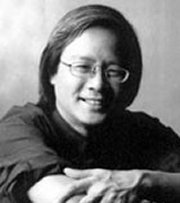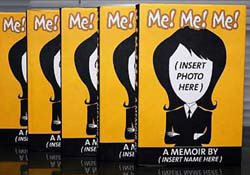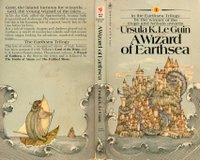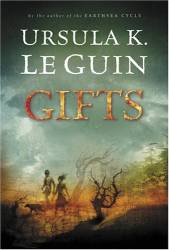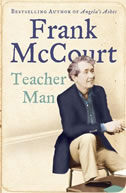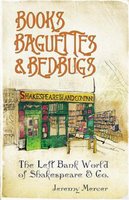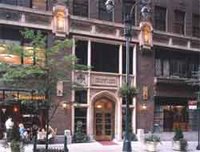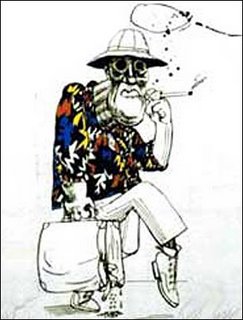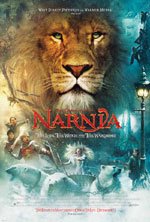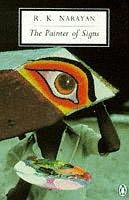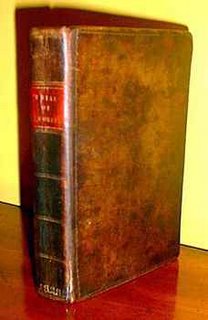
Rattawat Lapcharoensap writes with both compassion and maturity and his
Sightseeing is a wonderfully self-assured collection of short stories from a first time writer.
All but one of the stories are written from the point of view of teenagers coming to terms with a confusing adult world. And although the setting for each story is Thailand, Lapcharoensap steers well clear of the kind of exoticism that bedevils most South-East Asian literature. Indeed, the Thailand of the tourist brochure is roundly mocked in the opening story
Farangs. Says a hotel proprietor,
tourists only want
"pussy and elephant":"You give them history, temples, pagadas, traditional dance, floating markets, seafood curry, tapioca desserts, silk-weaving cooperatives, but all they really want is to to ride some hulking gray beast like a bunch of wildmen and to pant over girls and to lie there half-dead geting skin cancer on the beach during the time in between."
There's a gritty social realism in his choice of settings: a down-market brothel, a smouldering rubbish-dump, a refugee shanty, cockpits, with many of the characters living on the edge in economic terms. Lapcharoensap has his characters speak in a street-smart, vernacular language which eliminates the distance still further.
In a collection this strong, it's hard to pick favourites. But I won't easily forget the poignant tale of a son taking his mother on one last holiday before she looses her sight in the title story, and the agonising betrayal of a childhood friendship in
Draft. And the last story in the book,
Cockfighter - at 80 pages more a novella than a short story - is a real heart-stopper.
I've not felt this enthusiastic about a short story collection since Jhumpa Lahiri's
The Interpreter of Maladies . And if I were still teaching literature at college level, I'd choose this as a set-text for sure.
(You can hear Rattawat Lapcharoensap talk about his book and read an excerpt in
this recording from the
Guardian blog. I also wrote a previous post about the author
here.)
 Ah well. I take my leave of you for the moment. Tomorrow morning I fly off and then I guess I'll be caught up in the whole hectic Christmas thing. It may be a few days before I can get my itchy fingers on a computer keyboard again to report on how the world looks from Britain ....
Ah well. I take my leave of you for the moment. Tomorrow morning I fly off and then I guess I'll be caught up in the whole hectic Christmas thing. It may be a few days before I can get my itchy fingers on a computer keyboard again to report on how the world looks from Britain ....